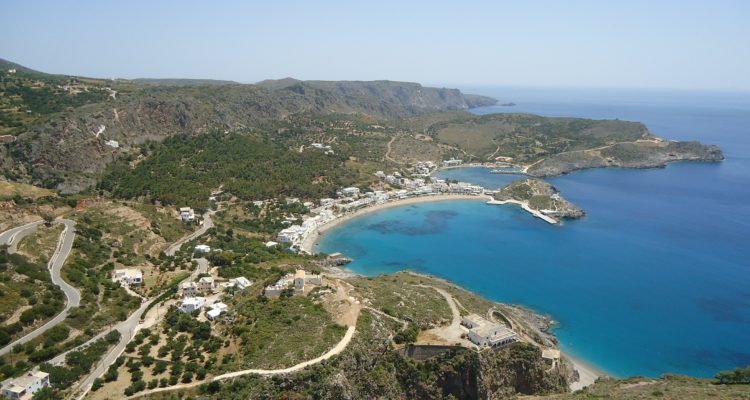Andrew Bostock has spent much of his life living in and writing guidebooks on Greece but in Kythira – with its gorges, waterfalls and perfect beaches – he’s finally found the idyll he has always dreamed of.
In my 30-year hunt to find the perfect Greek island, I’ve visited around 40 of them – but my quest has been beset by twin, linked, problems.
Firstly, many of them follow a fairly set pattern: a small main town or port, two or three amazing beaches and, if you’re lucky, a ruin or old church atop the island’s one hill. For many this is all that is needed for a week or two away, but I’ve always yearned for more.
The second problem is that the larger islands can be blighted by an overabundance of visitors. Travellers in search of their own little bit of paradise go to more off-the-beaten-track islands, but these tend to get smaller and smaller, thus exacerbating problem number one. This year I followed advice from Greek friends and made for Kythira, and I think my hunt may just be over.
Kythira can be troublesome to get to, a positive advantage in the perfect island stakes. It is not close to any of the better known islands, lying on its own at the bottom of the Peloponnese peninsula. You can fly there, but only on local flights, and the familiar UK package tour is unknown on the island. The best way to arrive is by boat. This can be done, rather indirectly, from Athens or, more pleasurably, from the little southern port of Neapoli, after a journey that can take in some of the delights of the Peloponnese itself.
My nine-year-old daughter Jemima and I took the latter option and arrived in Diakofti, the new port of the island, but also home to perfect white sands and crystal blue water (as well as a rather large and disconcerting shipwreck). It was here that we first noticed one of Kythira’s quirks: the preponderance of Australian accents. In the early 20th century many islanders emigrated to Australia (or “Big Kythira” as it is known here). Many of their descendants return each summer, and even the locals often speak English with an Aussie twang. Apart from these, however, the island receives few tourists.


 Ελληνικά
Ελληνικά